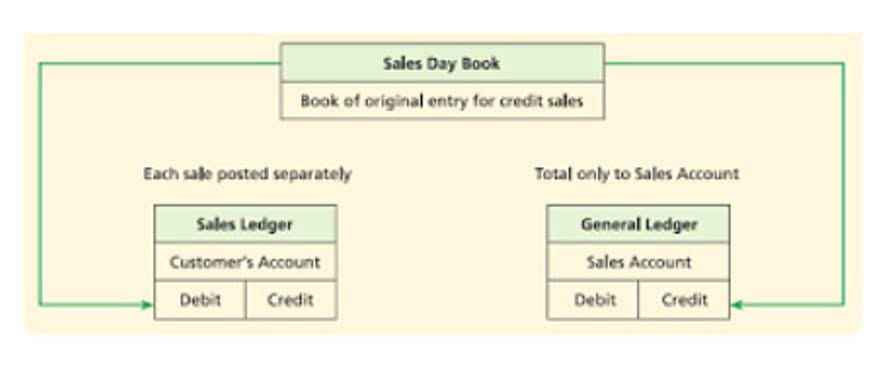What Is Bookkeeping? Definition, Tasks, Terms to Know
June 28, 2021, 0 Comments
With well-managed bookkeeping, your business can closely monitor its financial capabilities and journey toward heightened profits, breakthrough growth, and deserved success. While any competent employee can handle bookkeeping, accounting is typically handled by a licensed professional. It also includes more advanced tasks such as the preparation of yearly statements, required quarterly reporting and tax materials. People often confuse bookkeepers and accountants—and with good reason. While there are certain similarities and overlaps between the two, there are distinctions that set these two roles apart.

Key Takeaways
To uncover errors, check whether you forgot to record an entry in either column of your accounting ledger. This content has been made available for informational purposes only. Learners are advised to conduct additional research to ensure that courses and other credentials pursued meet their personal, professional, and financial goals. This content is for information purposes only and should not be considered legal, accounting, or tax advice, or a substitute for obtaining such advice specific to your business. No assurance is given that the information is comprehensive in its coverage or that it is suitable in dealing with a customer’s particular situation.
Best Free Accounting Software for Small Businesses of 2024

Our expert CPAs and QuickBooks ProAdvisors average 15 years of experience working with small businesses across various industries. Without bookkeeping San Francisco, accountants would be unable to successfully provide business owners with the insight they need to make informed financial decisions. Bookkeeping focuses on recording and organizing financial data, including tasks such as invoicing, billing, payroll and reconciling transactions. Accounting is the interpretation and presentation of that financial data, including aspects such as tax returns, auditing and analyzing performance. Bookkeeping is the ongoing recording and organization of the daily financial transactions of a business and is part of a business’s overall accounting processes.
- It only works if your company is relatively small with a low volume of transactions.
- For business owners who don’t mind doing the data entry, accounting software helps to simplify the process.
- Liabilities are what the company owes like what they owe to their suppliers, bank and business loans, mortgages, and any other debt on the books.
- The liability accounts on a balance sheet include both current and long-term liabilities.
- A bookkeeping checklist outlines the tasks and responsibilities you need to do regularly to keep the books up-to-date and accurate.
Why Bookkeeping Is Important for Small Businesses

These services are a cost-effective way to tackle the day-to-day bookkeeping so that business owners can focus on what they do best, operating the business. For business owners who don’t mind doing the data entry, accounting software helps to simplify the process. You no longer need to worry about entering the double-entry data into two accounts.

If you are already a CPA, you can act as an enrolled agent without passing the exam. Bookkeeping is a great starting point if you are interested in the field but not fully committed and want to test the waters. You may also be an ideal bookkeeping candidate if you want a good job with a respectable wage and decent security but may not be looking for a long-term career. While accounting can be a lucrative long-term career, most accountants, unlike corporate attorneys or investment bankers, do not command huge salaries during the first few years. Get more understanding about the principles of double-entry bookkeeping.
How to become a bookkeeper

Career Paths
- We’ve put together this guide to help you understand the basics of small business bookkeeping.
- The double-entry system of bookkeeping is common in accounting software programs like QuickBooks.
- I was really impressed with the videos and information that was presented in this course.
- Costs, also known as the cost of goods sold, are all the money a business spends to buy or manufacture the goods or services it sells to its customers.
- Petty cash bookkeeping is a single-entry system that simply records the total amount of money you have in your petty cash drawer.
0 Comments